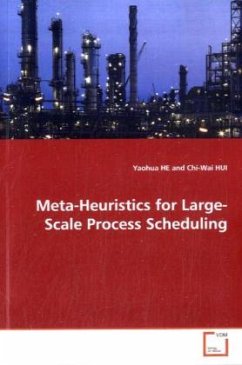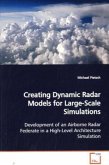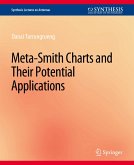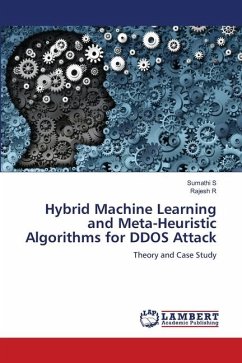With the high complexity and numerous constraints in
process industry, process scheduling is more
difficult than discrete machine scheduling,
especially, large-scale process scheduling is still
quite challenging to researchers and practitioners.
The researchers often use mathematical models to
solve small-size problems to optimality. However,
for the practical large-scale problems, it is still
hard to obtain acceptable solutions within
reasonable time by using such exact models in
current computing environments. Hence scheduling by
simple heuristic rules is still prevalent in real
industry. Despite the extensive use of meta-
heuristics in machine scheduling, little literature
exists on meta-heuristics for process scheduling.
This book has studied and developed meta-heuristic
methods for large-scale process scheduling. The
major contribution of this book is the effective and
intelligent use of heuristics to guide the solution
methods to search in the feasible or promising
space, thus quickly finding high-quality solutions.
The target readers are the professionals and
students with interest to scheduling and
combinatorial optimization.
process industry, process scheduling is more
difficult than discrete machine scheduling,
especially, large-scale process scheduling is still
quite challenging to researchers and practitioners.
The researchers often use mathematical models to
solve small-size problems to optimality. However,
for the practical large-scale problems, it is still
hard to obtain acceptable solutions within
reasonable time by using such exact models in
current computing environments. Hence scheduling by
simple heuristic rules is still prevalent in real
industry. Despite the extensive use of meta-
heuristics in machine scheduling, little literature
exists on meta-heuristics for process scheduling.
This book has studied and developed meta-heuristic
methods for large-scale process scheduling. The
major contribution of this book is the effective and
intelligent use of heuristics to guide the solution
methods to search in the feasible or promising
space, thus quickly finding high-quality solutions.
The target readers are the professionals and
students with interest to scheduling and
combinatorial optimization.








